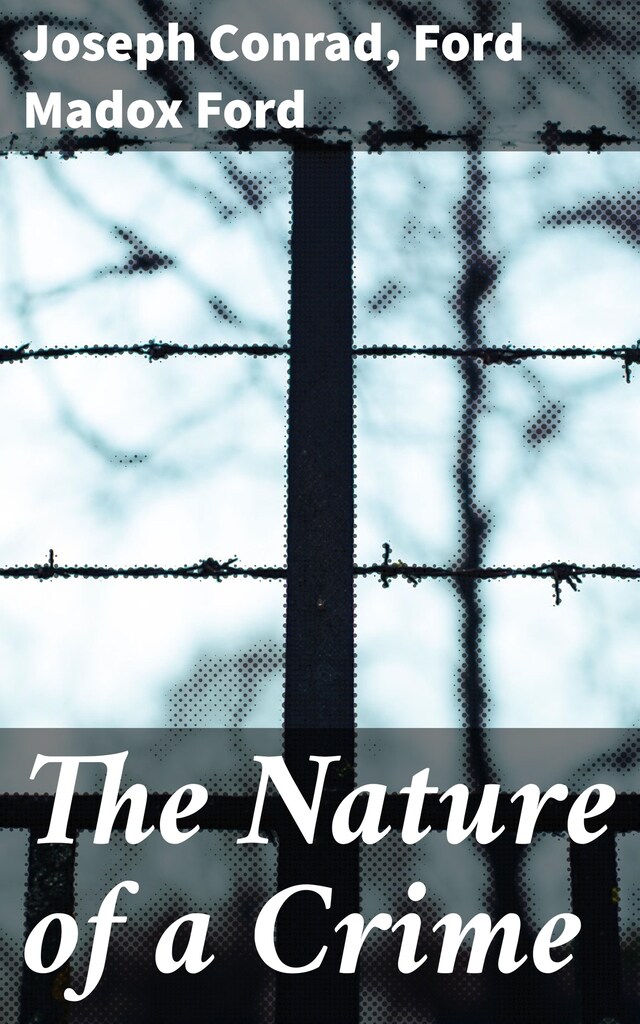
The Nature of a Crime
Exploring moral ambiguities and human folly: A modernist collaboration on the complexities of crime and guilt
Description of the book
The Nature of a Crime explores the delicate intricacies of moral responsibility and human perversity through a rich assortment of narratives that traverse psychological depth and existential musings. With diverse literary styles ranging from impressionistic to naturalistic, the anthology captures a timeless contemplation of guilt, complicity, and conscience. Each piece in this collection epitomizes the complexities of the human condition and its intertwinement with the societal constructs that govern behavior and thought, presenting an arresting kaleidoscope of ambiguities and truths. Highlighting these ideals, the anthology's thematic cohesion invites readers into a reflective journey, while its rich narrative diversity provides a compelling tapestry of voices and visions. Compiled under the discerning editorship of Joseph Conrad and Ford Madox Ford, both pioneers in the literary modernism movement, this collection embodies the era's innovative narrative approaches and complex character development. The contributing voices, each a luminary in their right, deftly capture the period's philosophical undercurrents and psychological insights, offering a panoramic view of turn-of-the-century consciousness. This coming together of literary giants not only enriches the theme but also reflects the broader cultural and historical transitions influencing the era. Together, the works create a dialogue that bridges personal introspection with universal dilemmas. This anthology is an indispensable resource for anyone eager to traverse the multifaceted domains of early 20th-century existential inquiry and narrative craft. Engage with this collection to experience the profound dialogical interplay among authors whose diverse perspectives and artistry illuminate the complexities of human nature and morality. These compelling narratives offer an educational treasure trove, stimulating introspection and critique of ethical assumptions, making it an essential read for those seeking to deepen their understanding of literature's capacity to mirror and question society's evolving norms and values.
 55 Pages
55 Pages